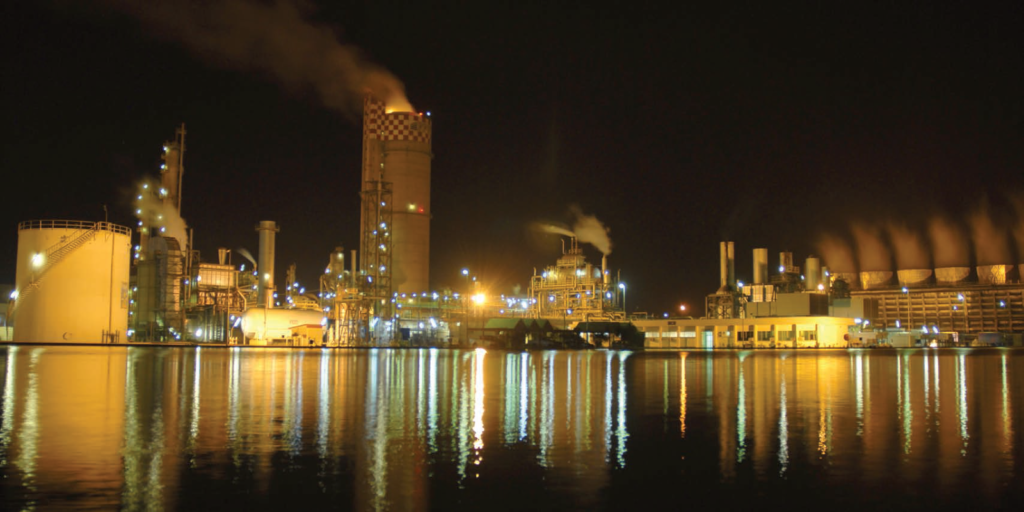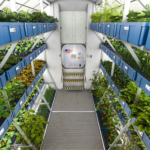In the modern agricultural landscape, fertilizer companies play a pivotal role in boosting crop yield, ensuring food security, and promoting sustainable farming practices. Fertilizers provide essential nutrients that plants need to grow, thrive, and produce abundant harvests. This article delves into the multifaceted operations of a fertilizer company, the types of fertilizers they produce, and their significant impact on agriculture and the environment.
The Role of Fertilizer Companies
Fertilizer companies are at the forefront of agricultural innovation. They research, develop, and produce a variety of fertilizers tailored to different crops and soil types. These companies ensure that farmers have access to high-quality fertilizers that enhance soil fertility, increase crop productivity, and improve overall farm profitability.
Types of Fertilizers Produced
- Nitrogen-based Fertilizers
Nitrogen is a critical nutrient that supports plant growth and chlorophyll production. Nitrogen-based fertilizers, such as urea and ammonium nitrate, are widely used to boost vegetative growth and improve crop yields. These fertilizers are particularly beneficial for crops like wheat, maize, and rice.
- Phosphorus-based Fertilizers
Phosphorus is important for root growth and energy transfer within plants. Phosphorus-based fertilizers, such as superphosphate and diammonium phosphate (DAP), enhance root strength and flowering. These fertilizers are crucial for root crops and fruit-bearing plants.
- Potassium-based Fertilizers
Potassium aids in water regulation, disease resistance, and overall plant health. Potassium-based fertilizers, like potassium chloride and potassium sulfate, are vital for crops such as potatoes, tomatoes, and citrus fruits.
- Compound Fertilizers
Compound fertilizers combine multiple nutrients to provide a balanced nutrient supply. These fertilizers, such as NPK (Nitrogen, Phosphorus, and Potassium) blends, are designed to meet the specific nutritional needs of various crops throughout their growth stages.
- Organic Fertilizers
Derived from natural sources like compost, manure, and bone meal, organic fertilizers improve soil structure, increase microbial activity, and provide slow-release nutrients. They are ideal for sustainable farming practices and organic crop production.
The Fertilizer Production Process
The production of fertilizers involves several complex stages, each crucial for ensuring the quality and efficacy of the final product. Here’s an overview of the typical fertilizer manufacturing process:
- Raw Material Sourcing
Fertilizer production begins with the procurement of raw materials, including natural gas, phosphate rock, potash, and sulfur. These raw materials are sourced from mines and industrial by-products.
- Chemical Processing
Raw materials undergo chemical reactions to produce intermediary products. For instance, producers use natural gas to make ammonia, a key ingredient in nitrogen-based fertilizers. Similarly, they treat phosphate rock with sulfuric acid to produce phosphoric acid, which is used in phosphorus-based fertilizers.
- Formulation and Blending
The intermediary products are then formulated and blended to create various types of fertilizers. This stage involves the precise mixing of nutrients to achieve the desired nutrient ratios and compositions.
- Granulation
The blended fertilizers are granulated to form small, uniform particles. Granulation enhances the ease of application, prevents nutrient segregation, and ensures consistent nutrient release.
- Quality Control
Rigorous quality control measures are implemented to test the nutrient content, particle size, moisture level, and other critical parameters. High-quality fertilizers meet stringent industry standards and provide reliable performance.
- Packaging and Distribution
The final products are packaged in bags or bulk containers and distributed to farmers, retailers, and agricultural cooperatives. Efficient distribution networks ensure timely availability of fertilizers to meet the seasonal demands of agriculture.
Environmental and Economic Impact
Fertilizer companies contribute significantly to both environmental sustainability and economic growth. Here’s how:
- Enhancing Soil Health
Proper use of fertilizers improves soil fertility, structure, and microbial activity. Balanced fertilization practices prevent soil degradation and promote sustainable land use.
- Boosting Crop Yields
Fertilizers increase agricultural productivity, enabling farmers to produce more food on the same amount of land. This is crucial for feeding the growing global population and reducing hunger.
- Supporting Farmer Livelihoods
By providing reliable access to essential nutrients, fertilizer companies help farmers achieve higher yields and better-quality crops. This, in turn, increases farmers’ income and economic stability.
- Reducing Environmental Impact
Advances in fertilizer technology and precision agriculture minimize nutrient runoff and environmental pollution. Companies are investing in eco-friendly products and practices that support sustainable farming.
- Driving Research and Innovation
Fertilizer companies invest heavily in research and development to create innovative products and solutions. This ongoing innovation drives progress in agriculture and supports global food security.
Challenges and Future Directions
Despite their benefits, fertilizer companies face several challenges, including:
- Environmental Concerns
Excessive use of fertilizers can lead to nutrient runoff, water pollution, and greenhouse gas emissions. Companies are addressing these concerns by developing more efficient and environmentally friendly products.
- Economic Volatility
The prices of raw materials and agricultural commodities can be highly volatile, affecting the profitability and stability of fertilizer companies. Diversification and strategic planning are essential to mitigate these risks.
- Regulatory Compliance
Fertilizer companies must navigate complex regulatory frameworks to ensure product safety and environmental protection. Compliance with these regulations requires significant investment and expertise.
- Technological Advancements
Rapid technological advancements in agriculture necessitate continuous adaptation and innovation. Companies must stay ahead of trends in precision farming, digital agriculture, and biotechnology.
Conclusion
Fertilizer companies are indispensable to modern agriculture, providing the essential nutrients that crops need to flourish. Through innovative products, sustainable practices, and a commitment to quality, these companies are driving agricultural productivity and supporting global food security. As the world faces evolving challenges, the role of fertilizer companies in promoting sustainable and efficient farming will only become more critical.






